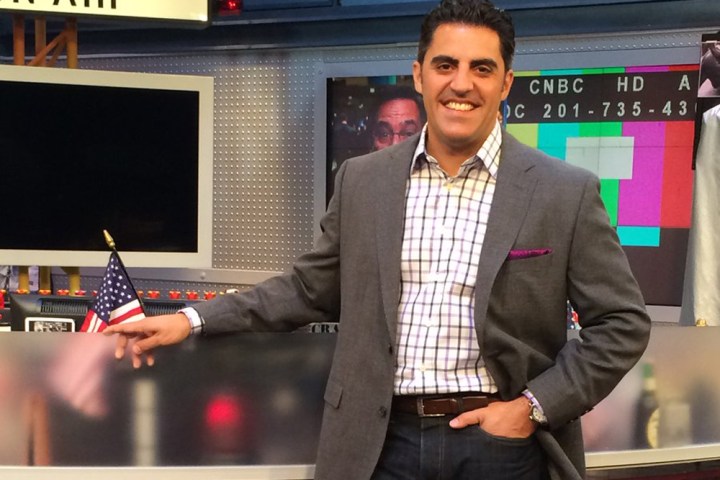
For those unaware of what makes Phononic revolutionary, it comes down to semiconductors. A mainstay in devices like LED lights or computers like Apple’s MacBook Air, Phononic turned to the tech for its refrigerators. What it found was that a fridge boasting a semiconductor could bypass the need for cooling liquid, moving parts, and compressors, while giving it the ability to operate at a literal whisper. Moreover, the inclusion of such thermoelectric tech means Phononic’s line of fridges could run on 25 percent less energy than a standard model and cost roughly the same.

“The beauty of the semiconductor innovation behind Phononic is we’re leveraging what semiconductors have done many times before,” Phononic CEO Tony Atti said on Mad Money. “The transistor’s given us the IT world, the LED chip has taken out Mr. Edison’s light bulb. You’ve seen no change in compressors, heat sinks, and fans going on 100 years despite servicing $30 billion in global markets.”
With its latest round of funding, Phononic received contributions from such companies like Venrock, Oak Investment Partners, Tsing Capital, and Rex Healthcare Ventures, among others. Joining Phononic’s board of directors in lieu of the contributions are GGV Capital’s Jenny Lee and CI Financial’s chairman, Bill Holland. Phononic says it also plans to add roughly 20 additional salespeople and customer care agents to its current team in the next year, while also focusing on improving deliveries and manufacturing in the United States and China.


